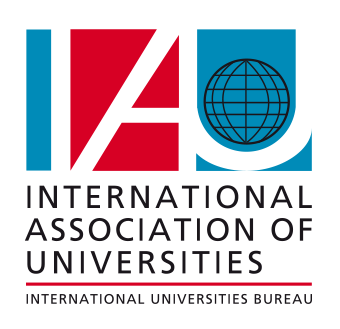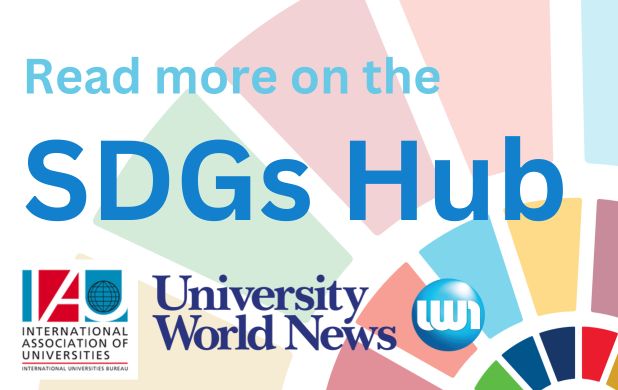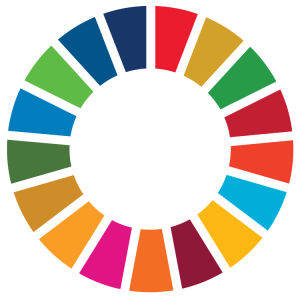The Centre of Excellence in Science for Sustainability in Africa (CESSAF)
The Centre of Excellence in Science for Sustainability in Africa (CESSAF) is a new PhD facility in Luanda, Angola, based at Agostinho Neto University. The CESSAF Research Programme directly tackles the pressing sustainability challenges in Angola and the region. These themes, which will be adapted and developed over time, have been chosen to integrate sustainable development with prudent management of the environment in a transdisciplinary programme. Each theme will establish the foundations of knowledge required for equitable and harmonious societal development in line with preservation and management of environmental resources and services to ensure prosperity for future generations.
Objectives
- focus on teaching and research in applied science for sustainability in Angola and throughout sub-Saharan Africa.
- train and inspire a new generation of academic leaders in Africa, within a framework of social responsibility.
Main Activities
During the initial years of the project, CESSAF students will divide their time between the two academic institutions at the heart of this project, in Luanda and at Newcastle, to ensure full benefit from the combination of pioneering fieldwork and world-class laboratory facilities and training. As CESSAF develops, and as part of the South-South vision of the PEI, it will be twinned with leading institutes in other fast-developing regions around the world, beginning with a strong Memorandum of Understanding with the Indian Institute of Technology Delhi (IITD). CESSAFs main research areas include:
- Environment and Society
- Sustainable Agriculture
- Natural Resources
- Environmental Pollution
- Academic schedule
Expected Outcomes
In 10 years, CESSAF will award 100 PhD scholarships to African students in areas crucial to the long-term development of the continent, including natural resource use, sustainable agriculture and environment and society.
Results
This institutional twinning, alongside wider collaboration between all academic institutions, will begin to build a new South-South axis of scientific collaboration and knowledge sharing. Through this global structure, CESSAF will both train local students in developing nations across Africa, South America and Asia, and create new knowledge sharing links between them, pioneering an agenda that places indigenous scientific expertise at the centre of the sustainable development agenda.



